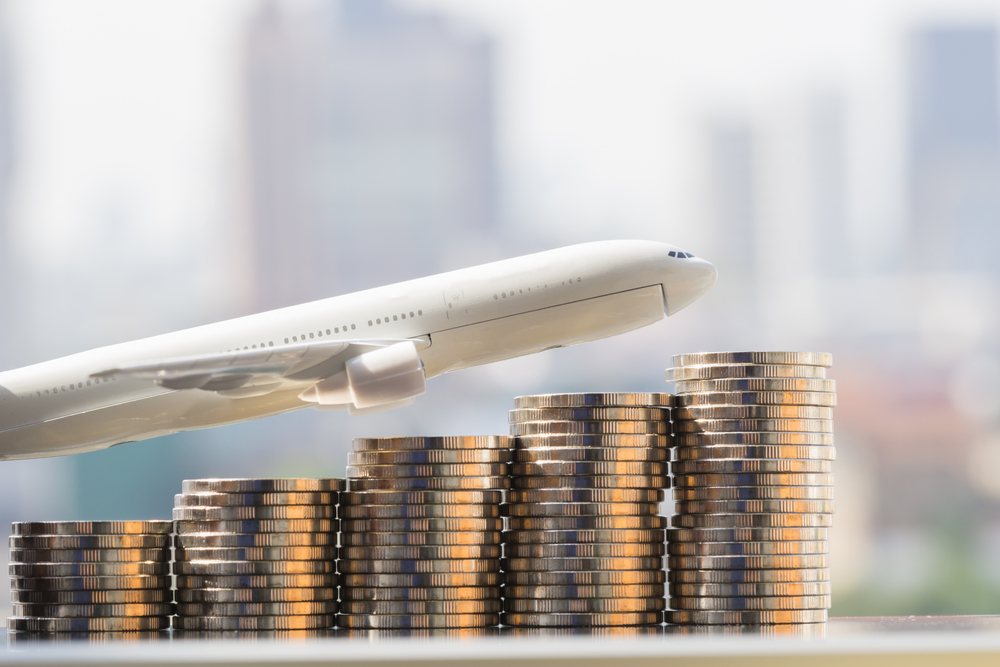
The International Air Transport Association (IATA) called for cooperation between the U.S. government and the aviation industry this week to increase competition and modernize infrastructure to meet increasing demand.
To date, the industry supports an estimated 6.5 million jobs in the United States alone and brings more than $778 billion to the GDP, but those figures are growing year after year. IATA currently anticipates the number of passenger journeys to rise from the 780 million trips seen in 2017, to 1.26 billion by 2037. IATA Director General and CEO Alexandre de Juniac said the massive rise in air travel demands more of the industry and that the stimulation of innovation through competition, as well as adequate infrastructure, will be key going forward.
“Delivering aviation’s economic and social benefits requires a policy framework that supports competitiveness,” de Juniac said. “Competition unleashes innovation and helps drive prices down. In 1978, the US government recognized this fact and deregulated the airline industry, leading to lower fares and greater access to air travel.”
He criticized recent efforts to have the U.S. Department of Transportation (DOT) regulate airline ancillary fees, dubbing them an outrageous singling out of airlines. Congress and the Administration were likewise blasted for endangering aviation connectivity through the recent government shutdown, even as he thanked employees that kept the system functioning in the face of great stress. He called for ratification of the Montreal Protocol 2014 to make it easier to prosecute what he dubs unruly passengers, altering the nature of certain existing international treaties. It was in infrastructure, however, that de Juniac seemed to find the United States most behind the times.
“While the US is in a better position than most markets, no major new airport has opened here in almost 25 years,” de Juniac said. “With the US market expected to add close to 500 million passengers by 2037, that just won’t do.”
He stressed the need for sufficient infrastructure capacity, alignment with airline technical and service level needs and a guarantee of affordability. While calling for a more inclusive model in the business, he also pressed for the U.S. air traffic control system to be removed from the federal budget process entirely and put into a nonprofit structure independent of federal squabbles.